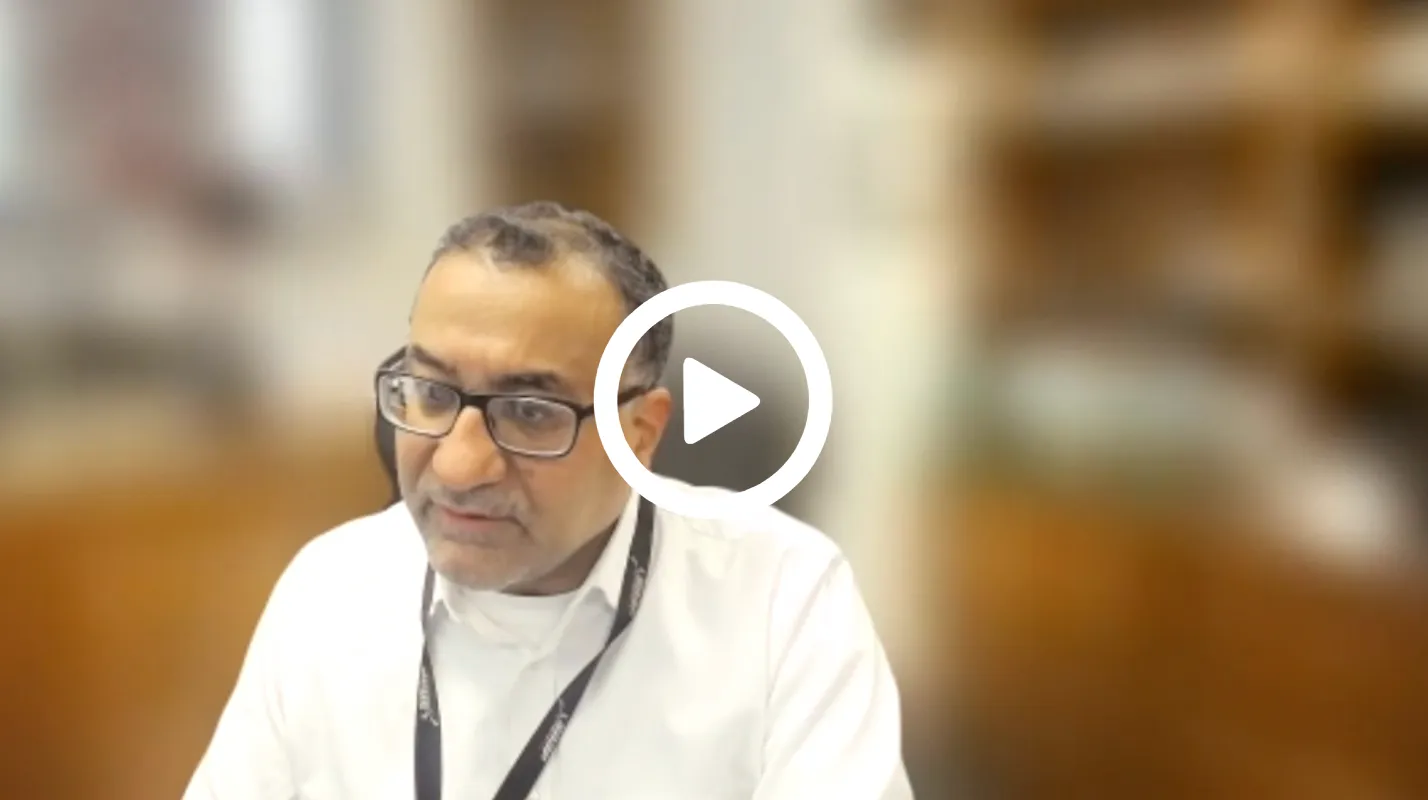Cancer Algorithms: Ensuring Accuracy in Oncology

Cancer Algorithms: Ensuring Accuracy in Oncology
Anil Parwani, MD, PhD, a professor at The Ohio State University Wexner Medical Center, emphasizes the need for accuracy in cancer care facilitated by AI. He discusses the inherent biases that AI algorithms may carry, particularly regarding patient demographics and socioeconomic status.
Mitigating Biases in AI for Cancer Care
- Understanding patient demographics specific to the local community.
- Ensuring AI algorithms are validated for diverse populations.
- Conducting internal validations for algorithm reliability.
Parwani discusses how algorithms have undergone rigorous validation but underscores Ohio State’s commitment to further testing. The hospital aims to adapt commercially available algorithms to local patient demographics, thereby enhancing the efficacy in diagnosing conditions such as prostate cancer and breast cancer.
Future Aspirations in Oncology with AI
The future is promising, with multifaceted approaches for cancers and even non-cancerous conditions like detecting H. Pylori from gastric biopsies. This level of innovation in oncology is exhilarating for professionals and patients alike, bridging technology and patient care in ways once thought impossible.
This article was prepared using information from open sources in accordance with the principles of Ethical Policy. The editorial team is not responsible for absolute accuracy, as it relies on data from the sources referenced.